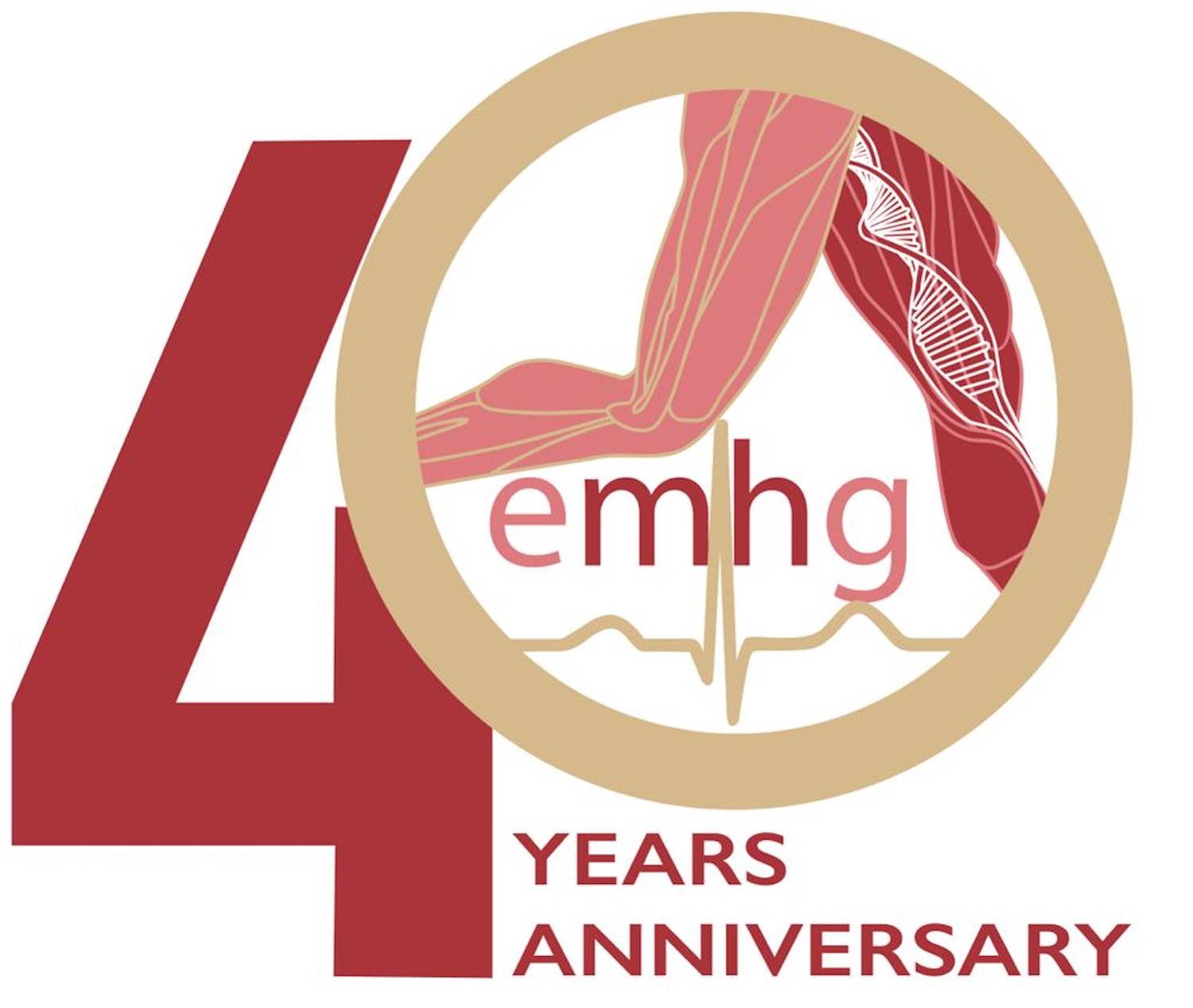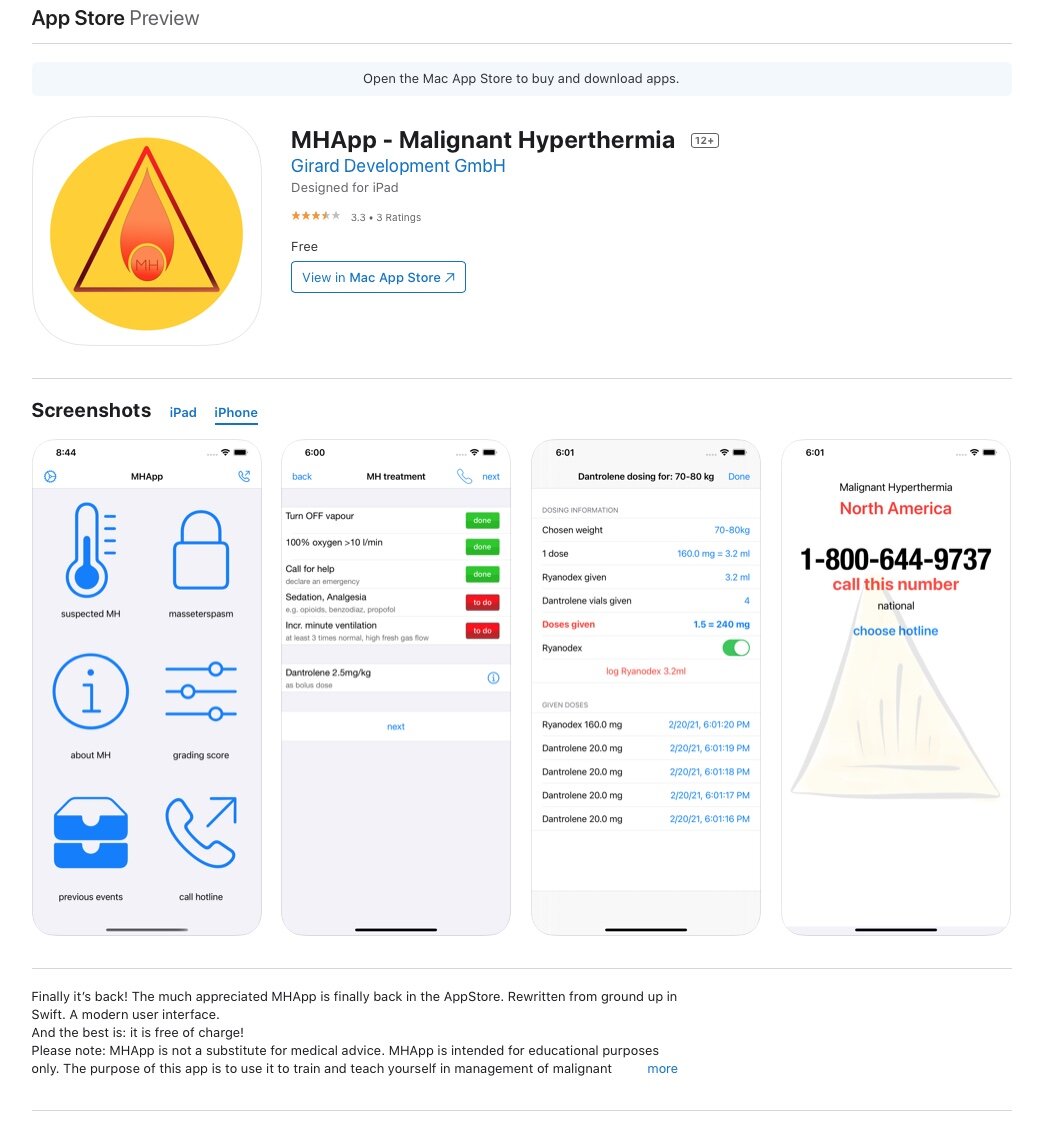The European molecular quality network (EMQN) are excited to announce that they are introducing a brand new External Quality Assessment (EQA) scheme in 2019 for laboratories performing analysis of variants in the RYR1 gene for related myopathies and malignant hyperthermia susceptibility.
As the 2019 scheme is a pilot scheme, the scheme is subsidised and there is a reduced cost of £100 for registration. Participation is available for 30 laboratories for the 2019 RYR1 pilot scheme, registration is now open and will close on the 30th November 2018.
The RYR1 EQA scheme is designed to test the whole analytical process. Three DNA samples will be distributed to participating laboratories in January 2019 for genetic analysis with case scenarios, the samples are suitable for sequencing and copy number analysis. Clinical reports from the participating laboratories will be evaluated for three elements; genotyping, interpretation, and clerical accuracy by a panel of expert peer assessors.
This is the first EQA scheme offered for RYR1 testing, and we look forward to working with laboratories to harmonise and improve the quality of RYR1 testing globally.
Please see the EMQN website (https://www.emqn.org) or contact office@emqn.org for further information.









